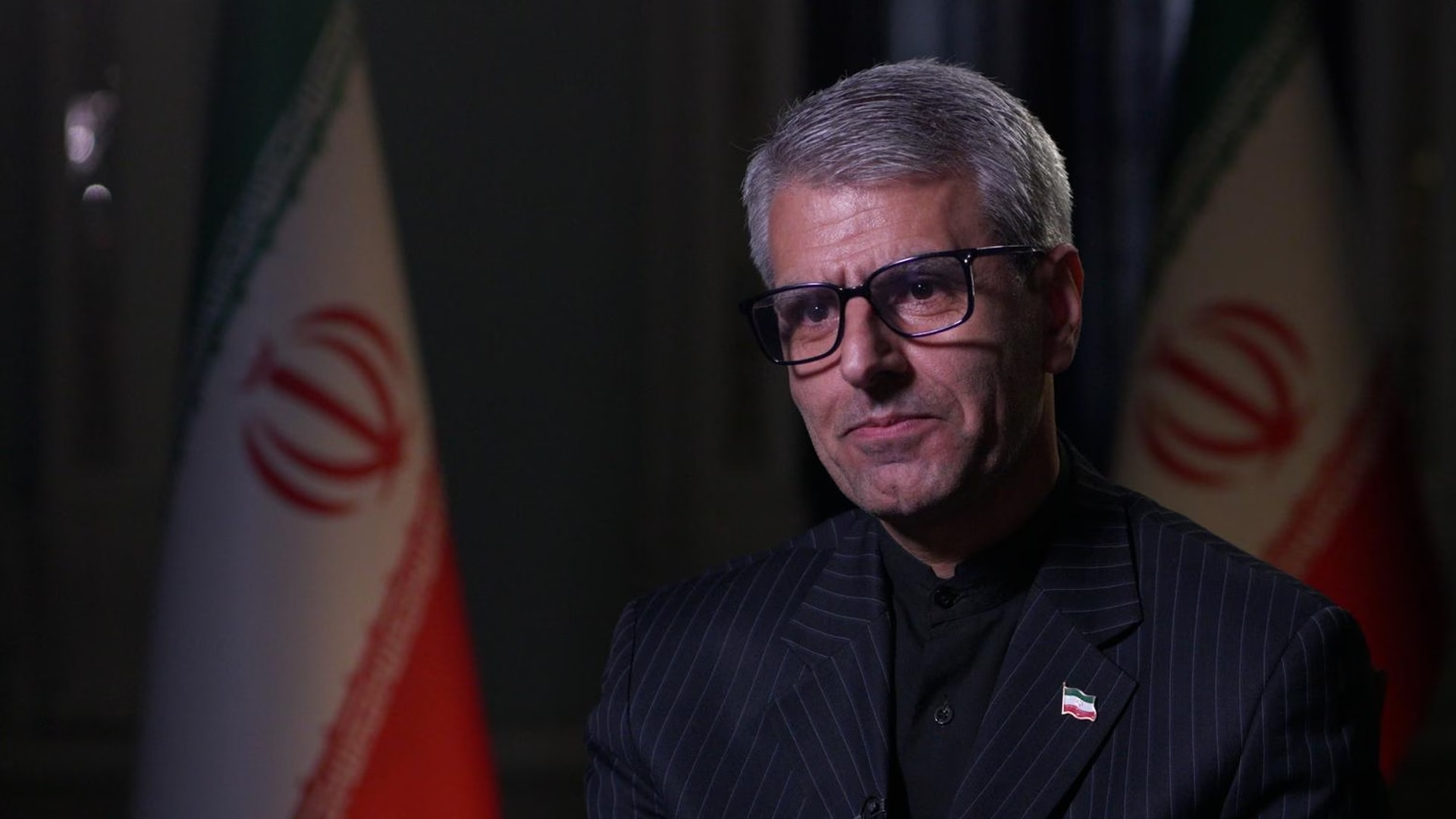
Dear Editor,
I’m part of Generation X, born in that quiet space between the Boomers and Millennials—those of us who learned early how to be self-reliant, how to adapt without much applause. Now, we’re facing perhaps our most sacred “after-school chore”: caring for our parents as they journey into their final chapters. Both of mine are now over 90 years old. Here on St. Croix, in the U.S. Virgin Islands, caregiving has become not just a part of my siblings’ and my lives—it is our life.
The numbers tell one story. Over the past decade, costs for eldercare in the United States have soared. In-home care rose nearly 70%, with home health aides now averaging $34 an hour. Assisted living costs average around $71,000 annually. Nursing home care, almost unthinkably, costs nearly $128,000 annually.
In the U.S. Virgin Islands, costs are slightly lower—$3,000 to $5,000 monthly—but our options are severely limited. Specialized facilities for conditions like Alzheimer’s and dementia are nearly nonexistent. Families are left making painful decisions, sometimes sending loved ones off-island, separating them from the culture and community that defined their lives.
We face these choices against harsh realities: a 22.8% poverty rate, significantly above the national average, and a cost of living nearly 59% higher than the U.S. mainland. The burden on Gen X caregivers here is especially acute. Demographically, the USVI is experiencing a shrinking population, decreasing from 108,579 in 2000 to 84,905 in 2024—a 21.8% decline. However, the proportion of residents aged 65 and older has surged, now comprising 22.7% of the population, up from 8.4% in 2000. Every grocery bill, every utility payment, is a stark reminder of the financial pressures we live under, leaving fewer resources to support aging parents.
The recent federal funding cuts, by the Trump administration, have only deepened these wounds. Critical programs such as Meals on Wheels are being reduced, depriving seniors of essential nutrition and human connection. Alzheimer’s research centers, vital for advancing care, face significant budget reductions. Resources for family caregivers are shrinking precisely when we need them most, leaving many of us isolated and overwhelmed.
But beyond the numbers lies something deeper—it’s the feeling when you realize your parents, once your protectors, now need your protection. It’s the quiet, relentless ache in the heart, seen in my sister’s eyes. It’s grieving even while they’re still here. It’s loving them through the moments they forget.
Studies also confirm what my brother and I feel: caregiving brings depression, anxiety, sleeplessness, and exhaustion. And yet—there are moments of grace. Moments when my mother’s smile, a touch, or a fleeting glance brings the past rushing back. Those moments fuel each of us.
We are not helpless. Programs like the National Family Caregiver Support Program can offer training and respite to lighten the load. The Lifespan Respite Care Program can give us moments to breathe. The CMS GUIDE Model can build a healthcare system that supports—not overwhelms—families like mine.
We need policymakers, healthcare leaders, and communities to recognize caregiving as a public, not just a private, responsibility. Because love alone should not have to carry this weight. We must advocate for local implementation and expansion of proven national programs, pushing our leaders to prioritize eldercare support.
Your parents, my Mom and Dad too, deserve dignity in their twilight.
Brad Nugent is a government policy and media advisor who previously served as Assistant Commissioner of Tourism for the USVI and Director of Communications for the Virgin Islands Legislature.
British Caribbean News

